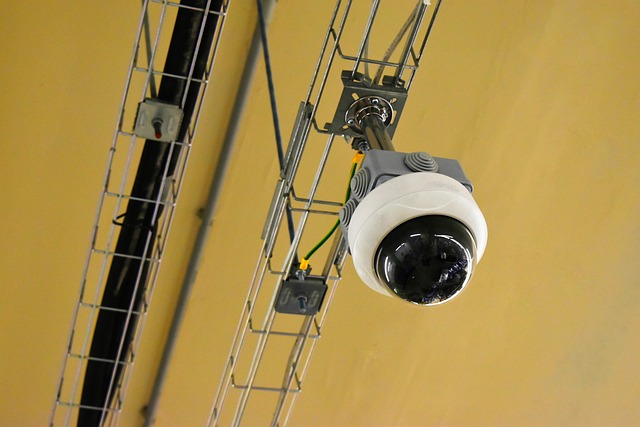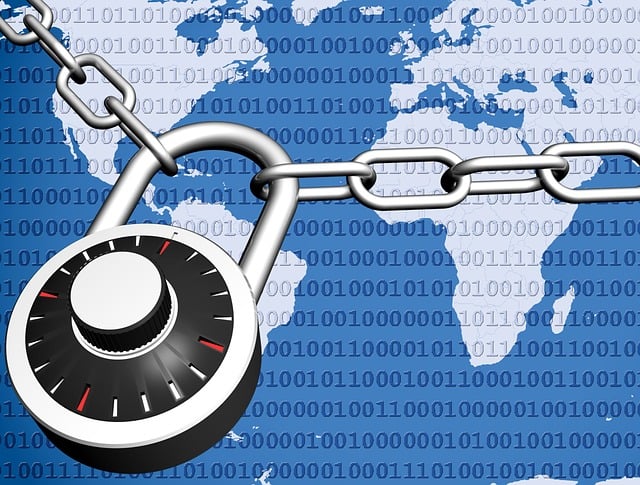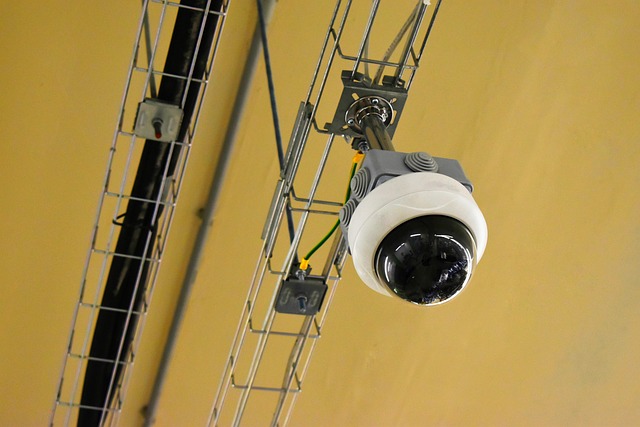Security workforce screening is crucial for protecting sensitive positions in today's digital era, focusing on rigorous background checks, employment verification, and reference scrutinization. This process identifies potential risks, safeguards critical data and infrastructure, and maintains public trust. Comprising multiple stages, including psychometric tests and tailored interviews, it ensures qualified candidates while balancing fairness and privacy. By adhering to regulations like FCRA, employers create a secure hiring environment, mitigating threats from malicious insiders, data breaches, and sabotage, ultimately enhancing organizational safety and efficiency.
In today’s world, where threats can come from unexpected sources, ensuring a secure workforce is paramount. Security background checks are an essential tool in the fight against unqualified hiring, helping organizations mitigate risks and protect their operations. This article delves into the critical role of security workforce screening, exploring its process, legal foundations, and significant benefits. From understanding the checks’ functionality to navigating potential risks and ethical considerations, we uncover why rigorous screening is indispensable for fostering a safe and efficient work environment.
- Understanding Security Background Checks: Their Role in Workforce Screening
- Identifying Potential Risks: Why Unqualified Hiring is a Concern
- The Process of Security Workforce Screening: Step-by-Step Overview
- Legal and Ethical Considerations: Ensuring Fairness and Privacy
- Benefits of Rigorous Screening: Enhancing Organization Safety and Efficiency
Understanding Security Background Checks: Their Role in Workforce Screening

Security background checks play a pivotal role in workforce screening, ensuring that sensitive positions within an organization are filled by qualified and trustworthy individuals. These checks involve meticulous investigations into a candidate’s history, encompassing their criminal record, employment verification, and references. By conducting thorough security screenings, employers can mitigate risks associated with hiring the wrong person.
In today’s digital era, where cybersecurity threats are prevalent, understanding the importance of robust security background checks is paramount. They act as a crucial shield, preventing unauthorized access to sensitive data and critical infrastructure. This meticulous process screens out individuals with malicious intent or a history of dishonesty, fostering a safer and more secure work environment for all employees.
Identifying Potential Risks: Why Unqualified Hiring is a Concern

Unqualified hiring poses significant risks in any industry, but particularly in sectors that handle sensitive information or critical infrastructure. When individuals with inadequate skills, training, or malicious intent gain access to secure environments, it can lead to severe consequences, from data breaches and financial losses to physical damage and threats to public safety. This is especially pertinent in the security workforce screening process, where the stakes are high.
Security background checks are crucial tools in identifying potential risks associated with unqualified hiring. These checks verify an applicant’s identity, employment history, education, and any relevant certifications or licenses. They also uncover criminal records, substance abuse issues, and other red flags that might indicate a person’s suitability for a role requiring high levels of security clearance. By implementing rigorous security workforce screening procedures, organizations can protect sensitive information, ensure the safety of their facilities, and maintain public trust.
The Process of Security Workforce Screening: Step-by-Step Overview

Security workforce screening is a meticulous process designed to ensure that only qualified and suitable candidates are hired for positions requiring access to sensitive information or critical infrastructure. It involves several crucial steps, beginning with thorough background checks. This includes verifying personal data such as identity, education, and employment history through cross-referencing official records and contacting previous employers.
The next step is assessing suitability through psychometric tests, skill evaluations, and interviews tailored to the specific job requirements. This comprehensive approach aims to uncover any red flags or discrepancies in a candidate’s background while also gauging their knowledge, skills, and attitudes relevant to the role. By combining these methods, security workforce screening effectively filters out unqualified applicants and identifies individuals who are best suited to handle the responsibilities of sensitive positions.
Legal and Ethical Considerations: Ensuring Fairness and Privacy

Security background checks are a crucial aspect of workforce screening, ensuring that employers hire qualified and trustworthy individuals, especially in roles handling sensitive information or critical infrastructure. However, they also raise important legal and ethical considerations regarding fairness and privacy. These checks must adhere to stringent regulations, such as the Fair Credit Reporting Act (FCRA) in the US, which governs how employers can use consumer reports, including background checks.
Employers have a responsibility to ensure that their screening processes are unbiased and respect the privacy of applicants. This means verifying only relevant information, obtaining consent, and providing opportunities for individuals to dispute inaccurate data. A balanced approach is essential; while thorough screening protects organizations, it must not become a barrier that disproportionately affects certain demographics or violates individual privacy rights.
Benefits of Rigorous Screening: Enhancing Organization Safety and Efficiency

Rigorous security workforce screening is a cornerstone in enhancing organizational safety and efficiency. By implementing comprehensive checks, employers can ensure that only qualified and trustworthy individuals gain access to sensitive information or critical infrastructure. This process filters out potential threats, including malicious insiders, and reduces the risk of data breaches, theft, or sabotage.
Efficient security screening streamlines the hiring process by quickly identifying high-risk candidates. It allows organizations to make informed decisions, saving time and resources while mitigating legal exposure. A robust screening program also fosters a culture of security awareness, encouraging employees to embrace best practices and stay vigilant against potential vulnerabilities.
